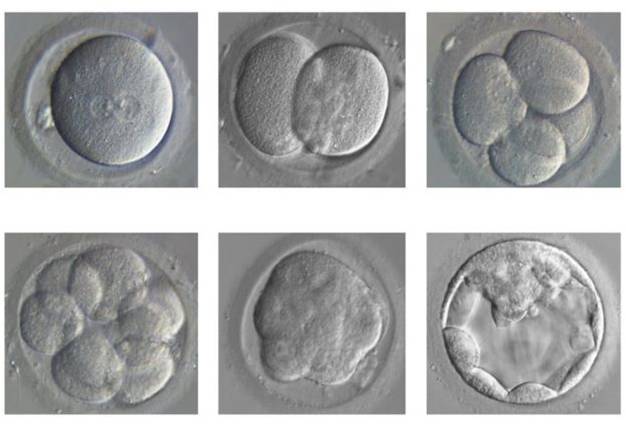
In a historic, unprecedented move, UK national fertility regulators have given the green light for scientists to use the new CRISPR-cas9 gene-editing tool to manipulate human embryos. The approval stirred up big waves amongst the scientific community, as many leading nations are still observing a voluntarily moratorium to halt gene-editing in human embryonic cells.

There’s one major stipulation of the approval: the scientists cannot implant the edited embryos into any wombs, not that Dr. Niakan was planning to anyways. Her research will focus on the genetic changes in the embryos in the first several days of development. After seven days, the experiments will stop and the embryos will be destroyed.We would really like to understand the genes needed for a human embryo to develop successfully into a healthy baby. The reason why it is so important is because miscarriages and infertility are extremely common, but they're not very well understood. – Dr. Niakan
This clause clearly stems from scientists’ uncertainties over the consequences of modifying human germ cells and early embryos. Unlike conventional gene therapies that target other cells in the body, gene editing in germ cells (sperm and egg) or early embryos has the potential to affect the genetics of future generations. That means genetic alterations could be passed on to children and even grandchildren. Because of the relative low cost and high efficiency of CRISPR/Cas9, gene manipulation in these precarious cells has never been easier. And this makes many people quite uneasy.
Some people applaud the landmark approval, noting that the decision struck a balance between scientific progress and ethical considerations.
Dr Niakan's proposed research is important for understanding how a healthy human embryo develops and will enhance our understanding of IVF success rates, by looking at the very earliest stage of human development. – Paul Nurse, the director of the Crick Institue.
Still, some think we may be dangerously close to crossing the line of unethical genetic manipulations."This decision is a victory for level-headed regulation over moral panic," added Sarah Norcross, director of the Progress Educational Trust.
How do you, readers, weigh in?So this is the first step in a well mapped-out process leading to GM babies, and a future of consumer eugenics. – Dr. David King, the director of Human Genetics Alert
Sources: Nature News, New York Times, BBC
